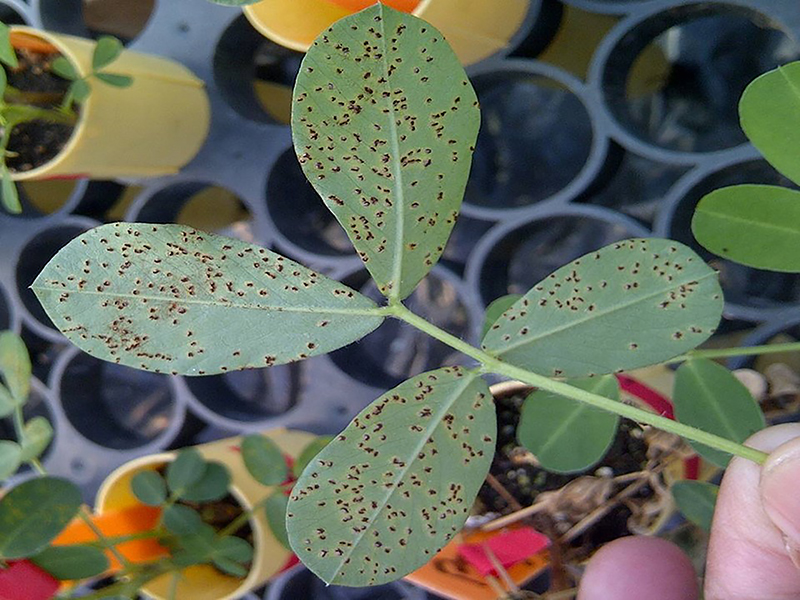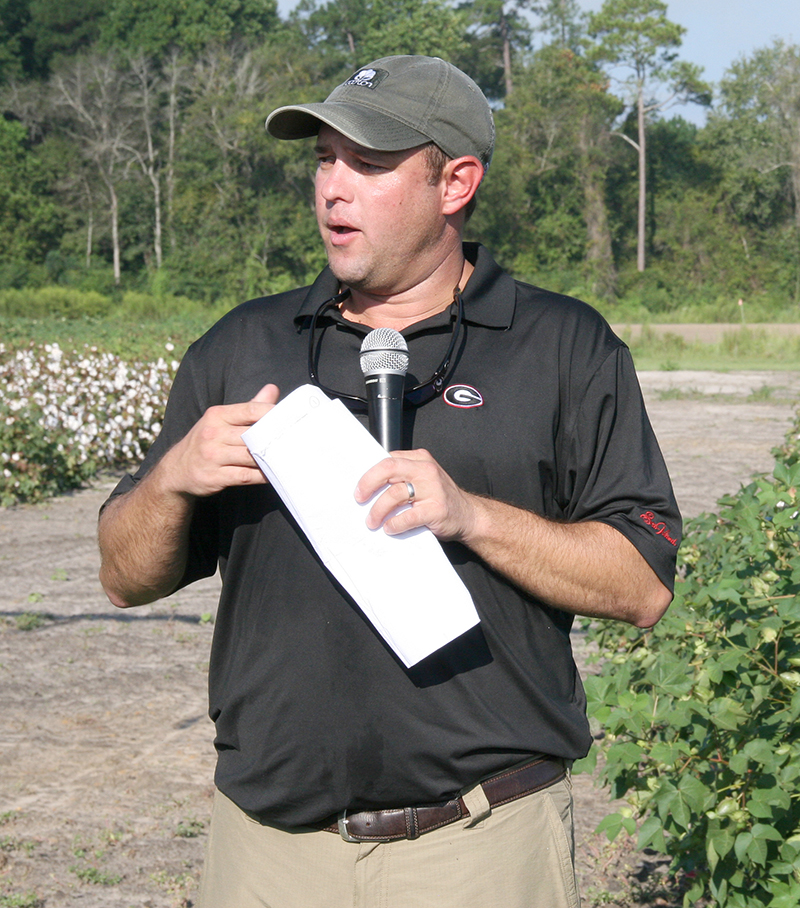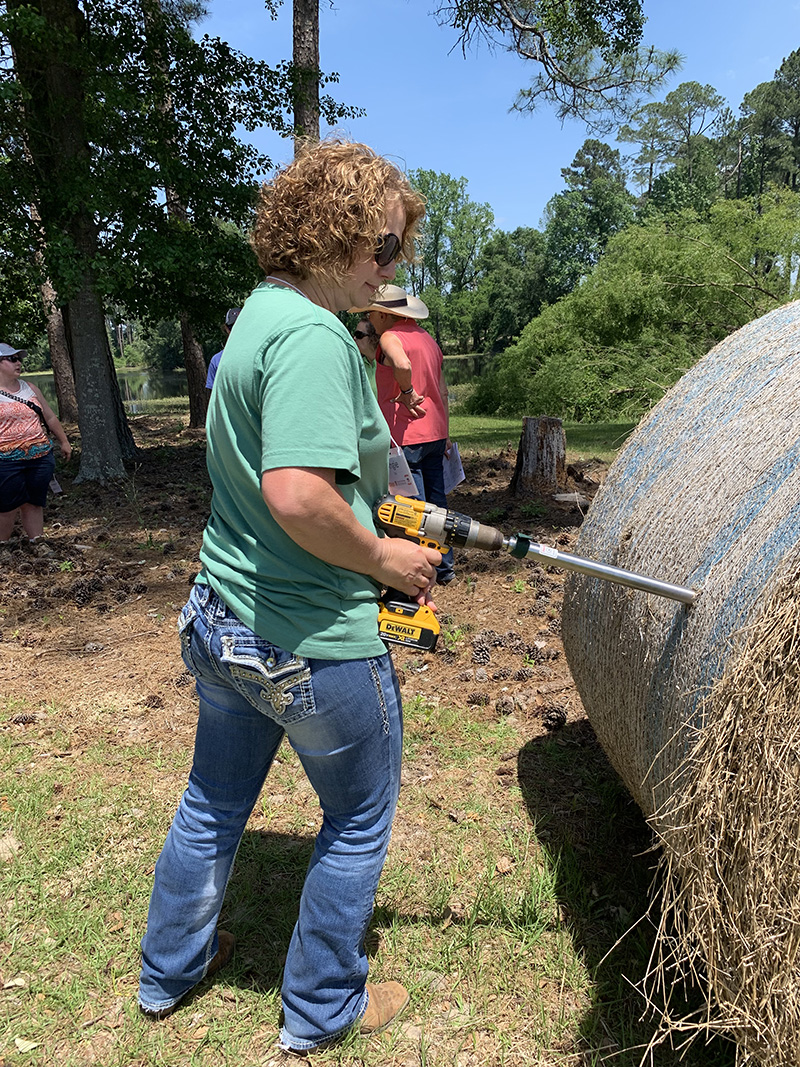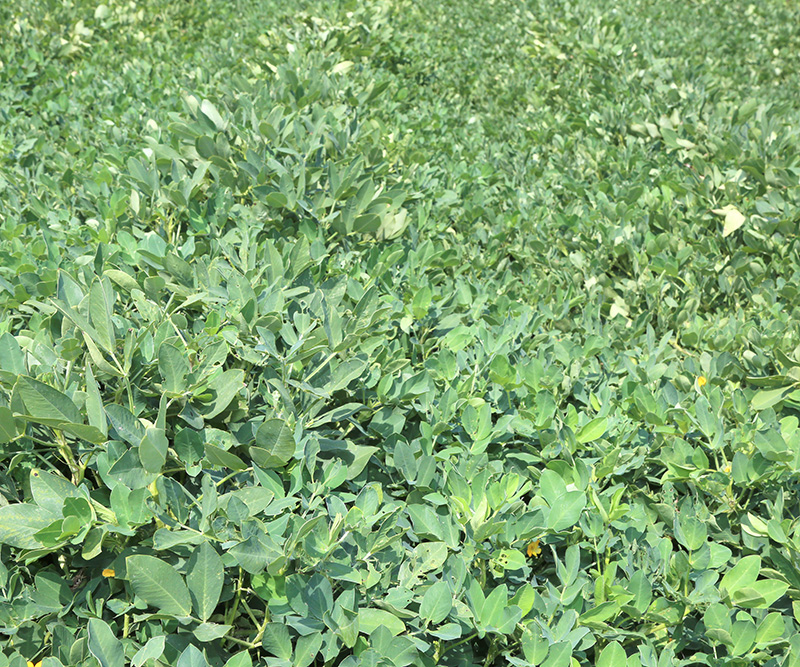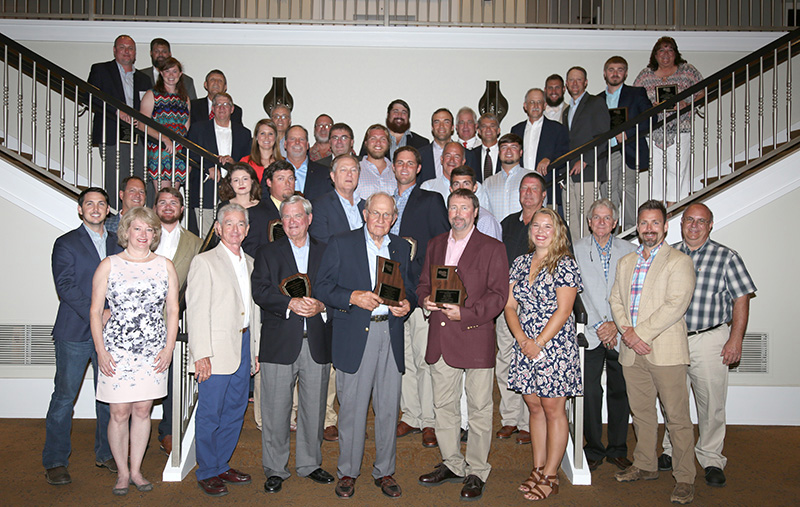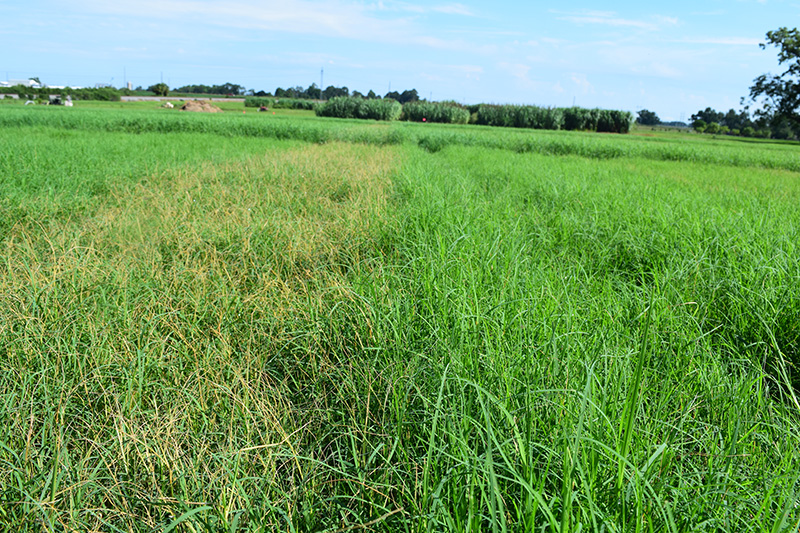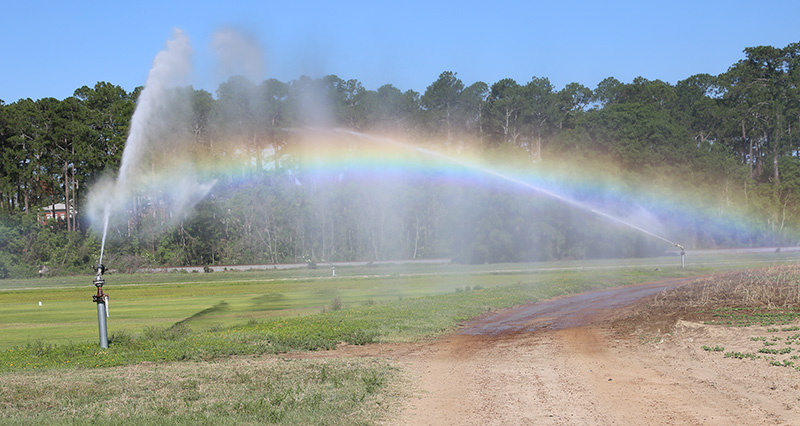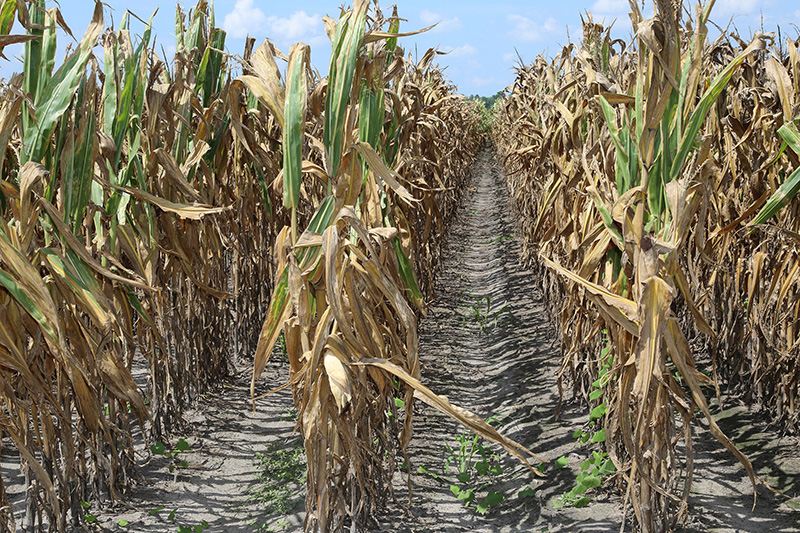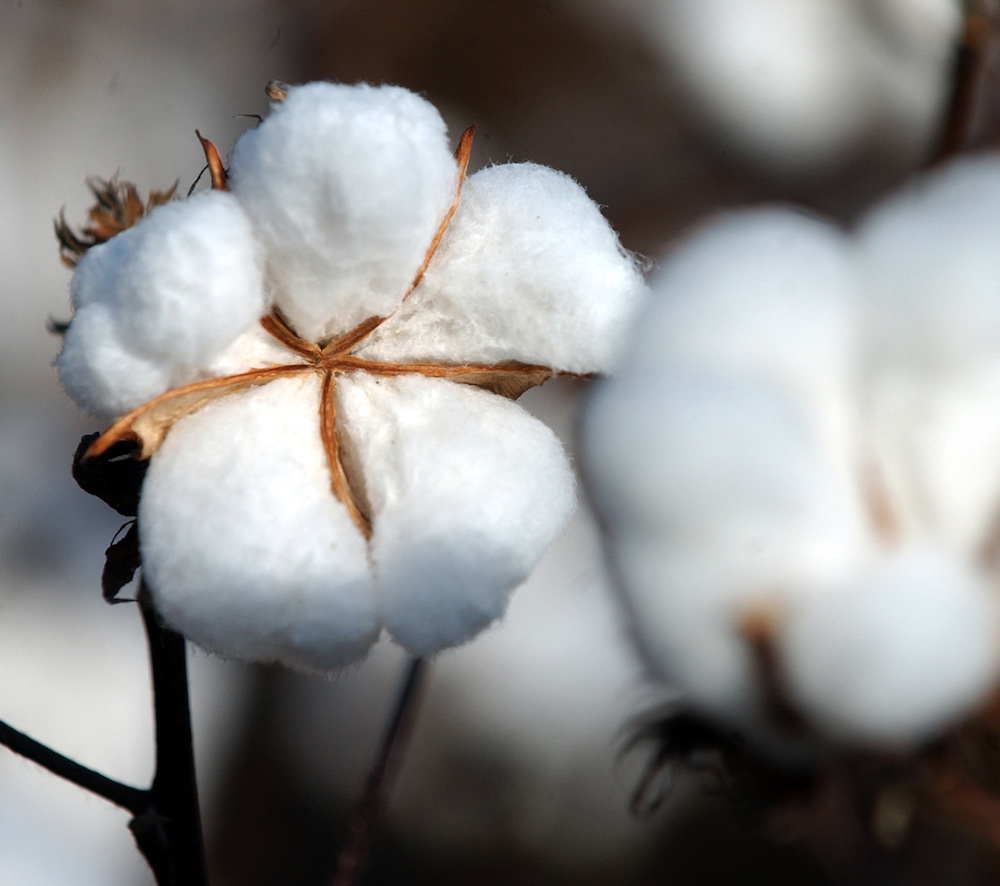 CAES News
CAES News
Cotton Defoliation
With harvest season less than a month away for some Georgia cotton farmers, knowing when to defoliate is an important decision all growers have to make, according to Mark Freeman, University of Georgia Cooperative Extension cotton agronomist.

